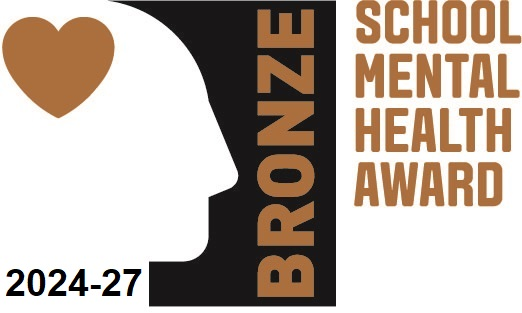CITIZENSHIP
Please click on the links below:
Citizenship Recommended Reading
What is GCSE Citizenship about?
GCSE Citizenship studies has the power to motivate and enable young people to become thoughtful active citizens.
What do we teach in GCSE Citizenship and why?
Citizenship lessons empower students to become politically literate and partake in our democracy. Students will study Politics, rights, and responsibilities as British and Global citizens, plan an active citizenship campaign, and gain an in depth understanding of what life is like as a citizen in modern Britain. Alongside academic skills of critically evaluating arguments, weighing evidence and ability to recognise and counter bias they also build lifelong skills of respecting others and being a valuable member of their community.
What does GCSE Citizenship enable our students to do?
- Have a deep range of knowledge about the political institutions of Britain, rights, and responsibilities a citizen has and how this has evolved over time.
- They will also gain the ability to recognise bias, critically evaluate argument, weigh evidence and look for alternative interpretations and sources of evidence, all of which are essential skills valued by higher education and employers.
- They will have developed skills to work independently as well as collaboratively during their active citizenship campaign
- Developed their communication skills to be able to write critically and articulate their views during debates
How is the curriculum structured in GCSE Citizenship?
In KS3 students have Citizenship 2 hours a week. In KS4 students have 3 hours a week for the 2 year course and 6 hours a week for the 1 year course.
What specification do we follow?
GCSE: AQA 8100
What are the links between GCSE Citizenship and other subjects?
GCSE Citizenship has strong links with History and Geography as students build on their KS3 knowledge of these subjects when students study different forms of governments across the world to compare with the system of government in Britain. Students draw on their historical knowledge when studying the migration topic as well as the history of the franchise in Britain. Students make links with music when studying modern day Britain and why we have tolerance and mutual respect as part of our British values. Students make links with GCSE media when they study the media topic in the Life in Modern Britain unit. They also make links with Maths when students look at statistical data about voter turnout and government budgets. GCSE citizenship has links with computing when they study the role of the online media and technology in modern day Britain. Students will draw on their skills of writing up science investigations when they carry out their own active citizenship campaign and have to reflect on their own processes and methods.
What are the future careers students can take when they study GCSE Citizenship?
Students who study GCSE Citizenship can access a range of careers including becoming a Journalist, working for the Police, working for the Civil Service, working in the field of law whether it be a legal secretary, solicitor or Barrister. Students with their GCSE Citizenship skills can pursue a career as a local councillor or MP or work for a charity service.
What extra-curricular activities can students take part when you study GCSE Citizenship?
Students will have visits from their local MP, local council, and peers from the House of Lords. They will take part in a trip to Parliament and the UK Supreme Court.








